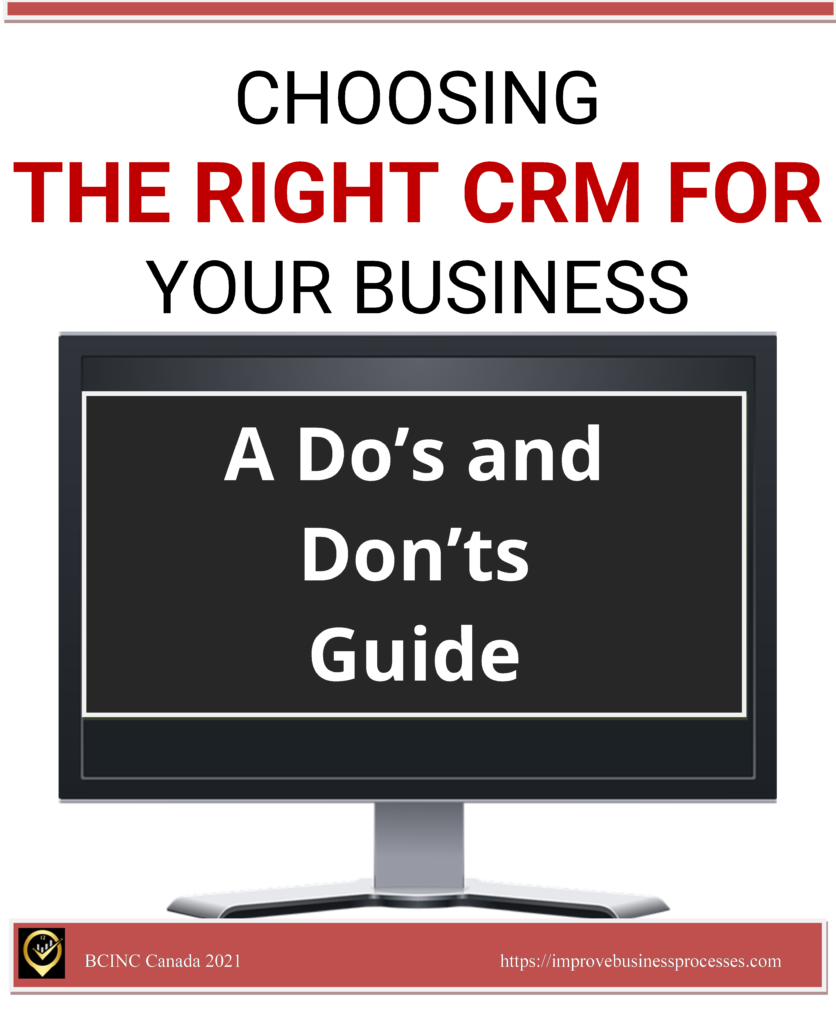Can you truly answer the question what is a business system? Is it the same as a process as it is sometimes used interchangeably? You may think you are operating systems but are you really doing so?
This article explains business systems and how they can help improve your business operations. Although no two businesses operate in exactly the same way, there are some fundamental systems that drive all businesses, while there may be other specifically unique to the business.
Business systems can provide your business with advantages such as improved communication, increased efficiency, and reduced cost.
"Organize around business functions, not people. Build systems within each business function. Let systems run the business, and people run the systems. People come and go, but the systems remain constant" - Michael Gerber (E-Myth Revisited)
What is a Business System?
A business system is a collection of processes and components to manage business activities and operations. These systems can be used to organize, communicate, and manage customer relations, operations, production, sales, and marketing.
A business system is the collective architecture and processes of a business, and it is designed to serve the needs of the overall organization.
The components of a business system include hardware, software, data, personnel, and communication networks. Business systems support the organization’s operational and strategic goals and help businesses maintain an edge in the market.
Successful and thriving businesses know better than to build systems around individuals, because people come and go. Even the business owner or members of the leadership team encounter emergencies that that occasionally require their absence from work.
So, what happens then? Does everything simply grind to a halt because, for example, certain individuals held the rights to final approvals (for anything) or held designated signing authority status because “that’s always how it has been”!
"If you need a new process and don't install it, you (inadvertently) pay for it without getting it" - Ken Stork, President, Association of Manufacturing Excellence
How Can Systems Help Your Business?
Business systems are designed to help businesses increase efficiency, reduce costs, and improve customer experience. Many are made up of more than one process. Typically processes are integrated in the creation of the system.
By leveraging automated processes, businesses can streamline activities, improve data accuracy and consistency, and reduce the need for manual input and labor. This can help businesses increase profitability and improve customer satisfaction.
Business systems can also help businesses to improve communication between departments, improve decision-making, and make it easier to identify growth opportunities.
In addition, they can help businesses to manage their resources better and improve their ability to meet customer needs.
Systems are the Essential Building blocks of every successful business - Ron Caroll
Types of Core Business Systems
There are several different types of core business systems available, with each designed to meet a specific set of needs. Not all businesses run all these systems, but six of them are noteworthy .
Enterprise Resource Planning (ERP)
The Enterprise Resource Planning (ERP) system, integrates multiple departments, manages core business processes, and streamlines operations. It includes finance, accounting, inventory, human resources etc.
Computer- Aided Design (CAD)
The Computer-Aided Design (CAD) or Computer-Aided Manufacturing (CAM) systems are used to design, test, and manufacture products quickly and efficiently.
These systems allow the user to create digital models, optimize parts, and run simulations to ensure the quality and accuracy of their products and are used for product design or maps.
Quality Management System (QMS)
A quality management system is typically employed to ensure that products and services meet customer needs and expectations and address industry standards.
Document Management System (DMS)
A document management system is typically employed to ensure that products and services meet customer needs and expectations and address industry standards.
Customer Relationship Management (CRM)
Customer Relationship Management (CRM) systems manage customer relationships, optimize customer service, and generate leads.
The system helps businesses build and maintain customer relationships, track customer interactions, analyze customer data, and improve customer satisfaction.
Selecting a CRM that meets the specific requirements of your business is key. These should drive your search efforts before you buy to avoid “buyers remorse” or paying too much for a system with “bells and whistles.”
These systems offer way more than you could ever need where you do not need but on which you have been sold. Check our “Selecting a CRM Guide – Dos and Dont’s ebook for help in establishing your criteria before making a final choice.
Supply Chain Management (SCM)
Supply Chain Management (SCM) systems manage the flow of materials, information, and money between suppliers and customers. These systems help businesses streamline supply chain processes, reduce costs, and ensure the timely delivery of goods and services.
"Your (good or bad) business systems are perfectly designed for the results you are getting. To get better results , you must continuously improve your systems - Anon
Conclusion – What is a Business System?
What is a business system? They are powerful tools that can help businesses improve communication, increase efficiency, and reduce costs. By tracking, organizing, and increasing the accuracy of the data collected, they can help businesses gain the upper hand.
Whether it is improving an existing system or implementing a completely new one, businesses can benefit from the features and functions that business systems provide.
Related Articles
- Create Business Systems – Learn How to Move From Chaos to Clarity
- How to Build a Business System – Tips and Examples
- Types of Business Systems – How to Apply to Small Businesses
- What Causes Chaos in Business Operations – Time to Stop It
- What is a Business Management System – Think Business Goals
- What is the Difference Between Systems and Processes – Know Them
References
The Twelve Business Systems Found in Most Organizations (businessmapping.com)
Business systems: The key to business success – Article (intuit.com)


